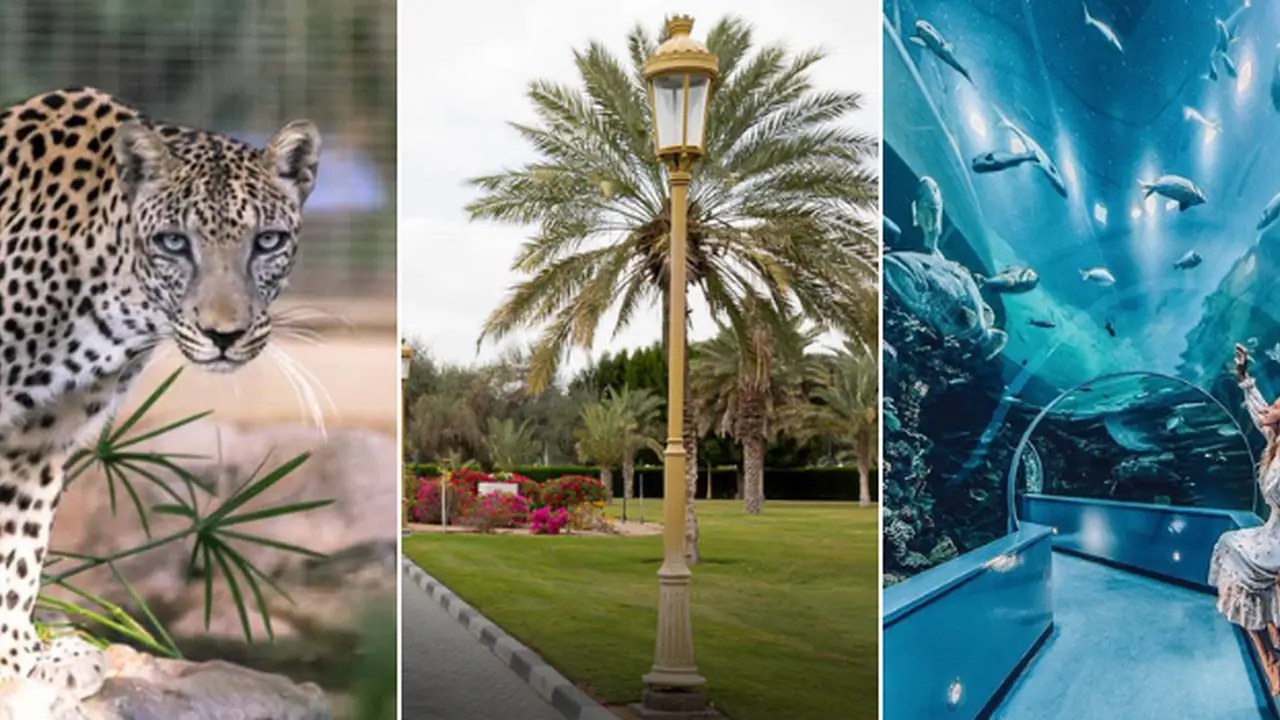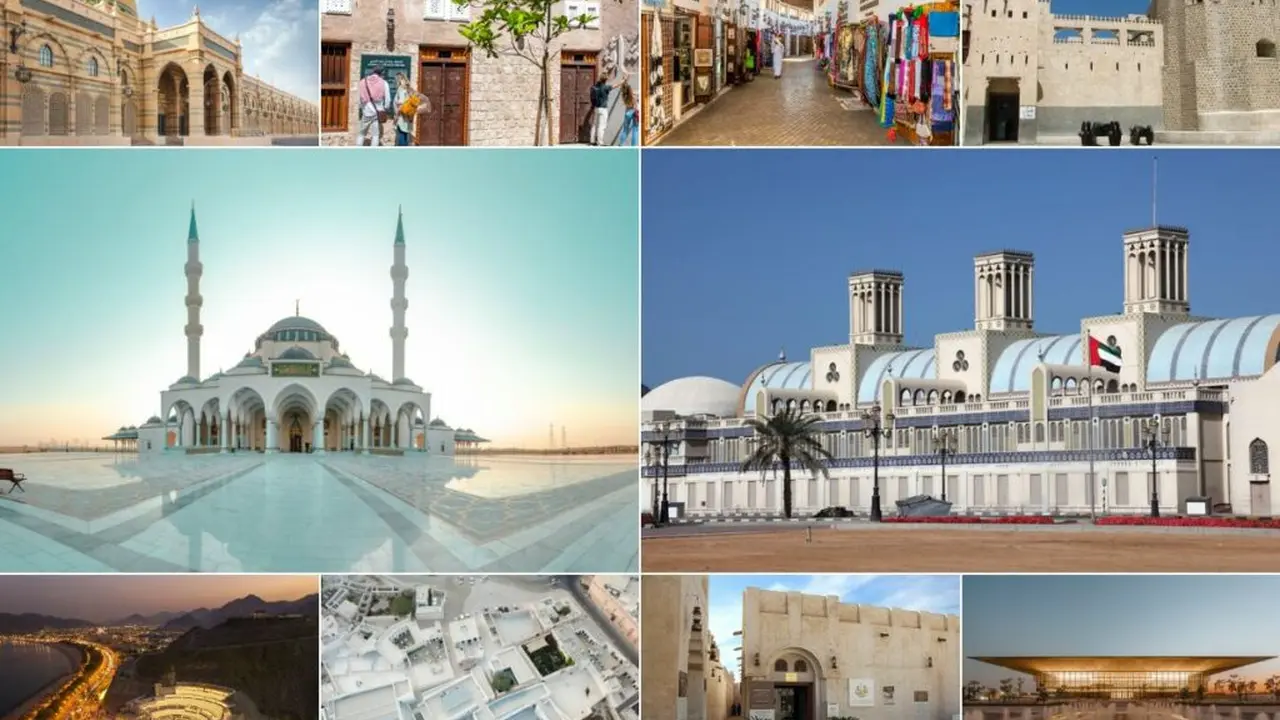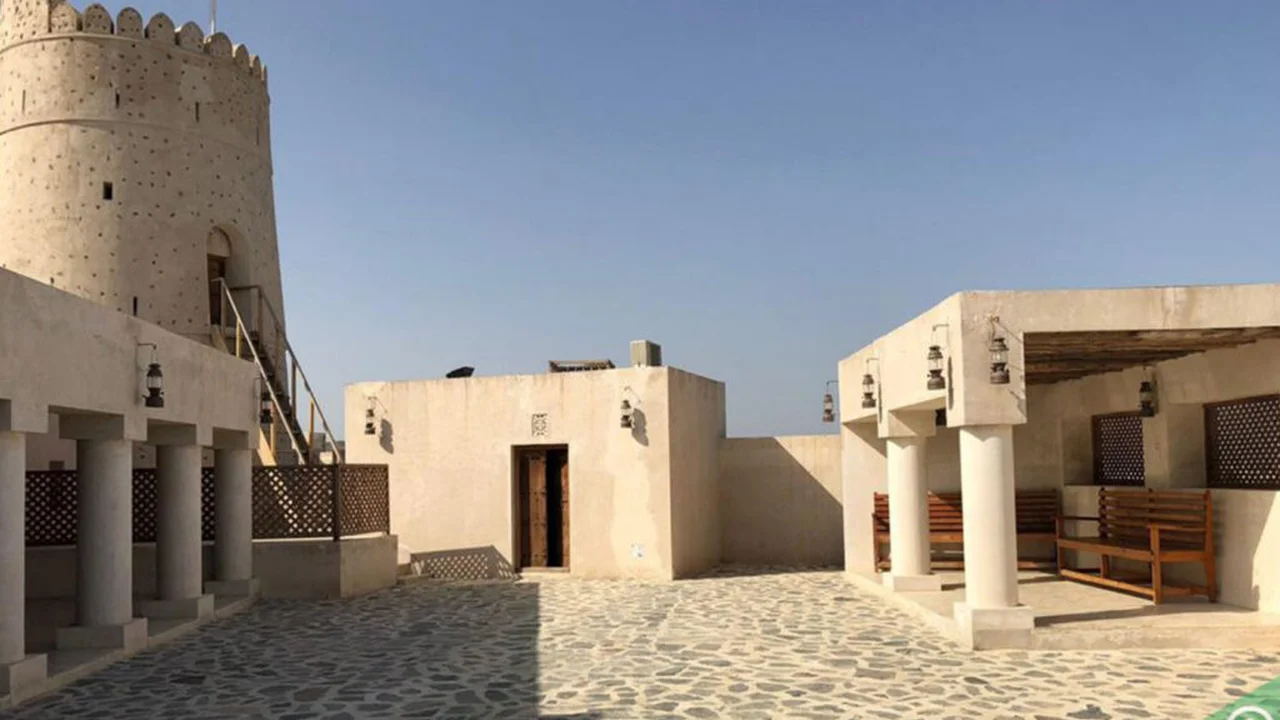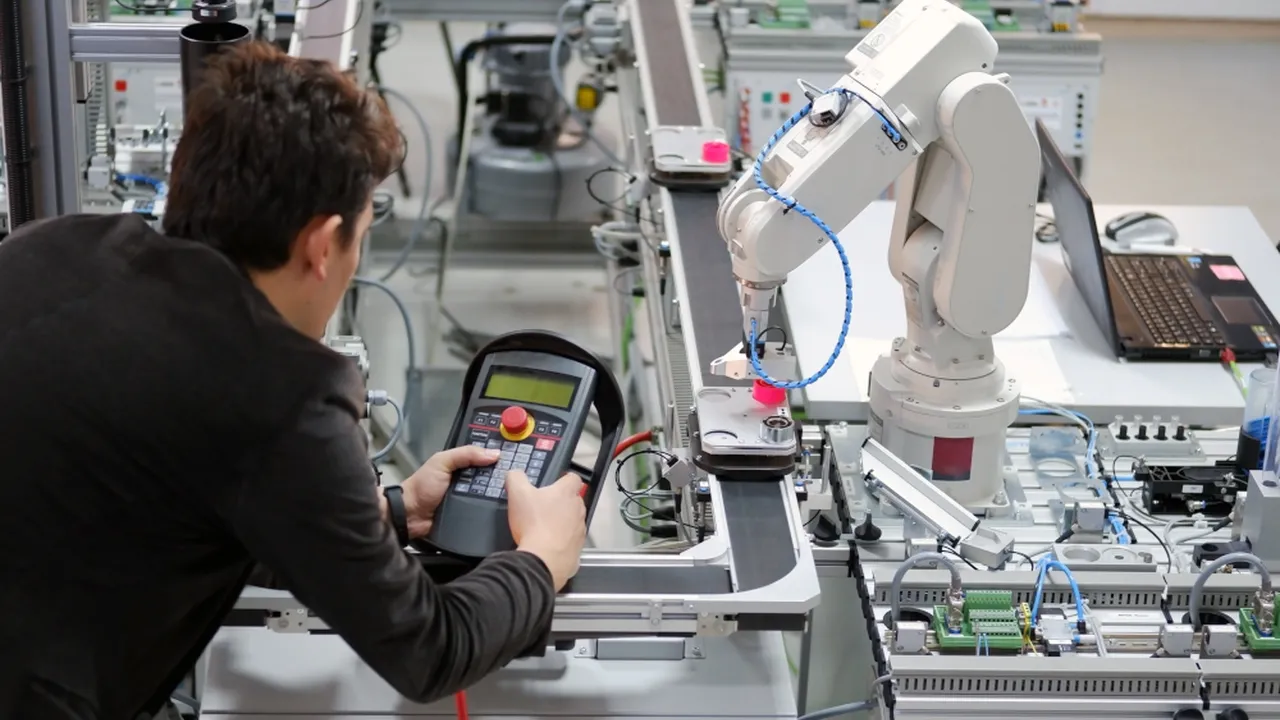Floating Hotels vs Traditional Hotels_ A Comparison
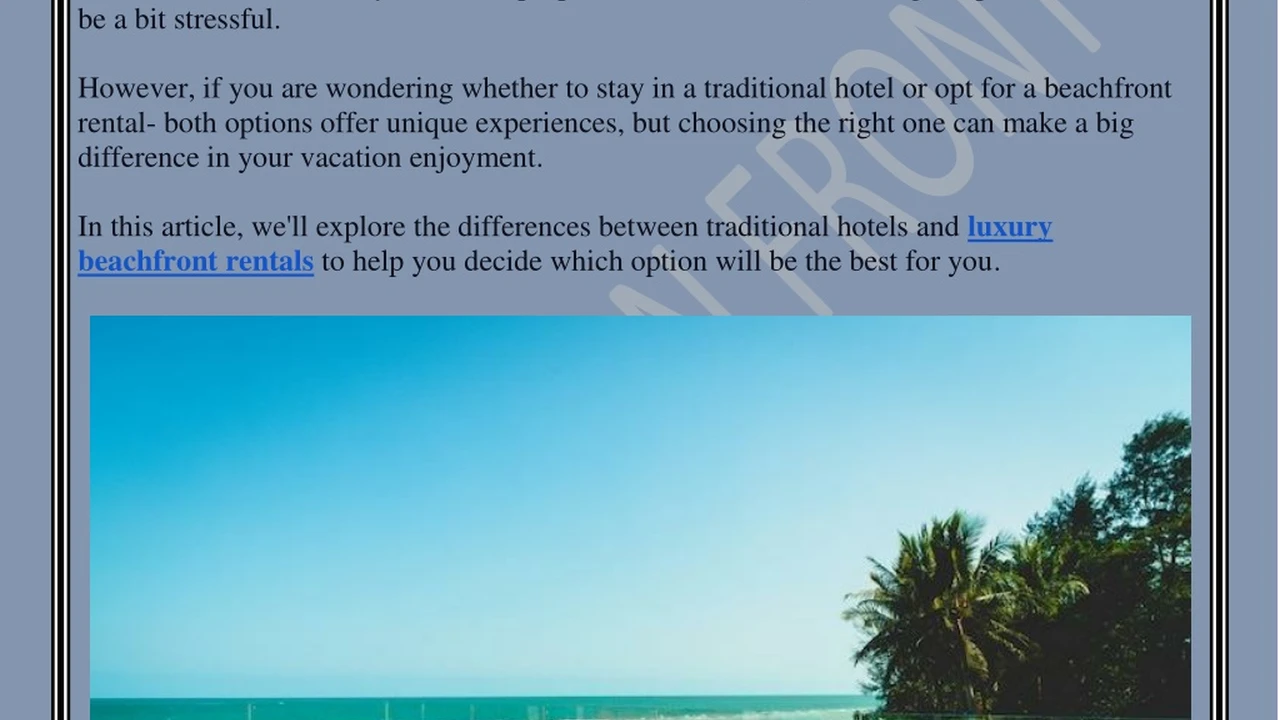
The Allure Of Floating Hotels A Novel Approach To Accommodation
Imagine waking up to the gentle rocking of the waves, surrounded by breathtaking ocean views, all from the comfort of your hotel room. This is the reality offered by floating hotels, a revolutionary concept in hospitality that blends innovative architecture with unparalleled experiences. But what exactly makes a floating hotel so special, and why are they gaining popularity among discerning travelers?
Floating hotels, as the name suggests, are structures designed to float on water, offering a unique and often luxurious alternative to traditional land-based accommodations. These hotels can range from smaller, boutique-style establishments to larger, more elaborate resorts, each offering its own distinct charm and set of amenities. The allure of floating hotels lies in their ability to provide guests with a sense of freedom and connection to nature, while also showcasing groundbreaking architectural designs and sustainable practices.
Unlike traditional hotels, floating hotels offer a dynamic and ever-changing environment. Guests can enjoy panoramic views that shift with the tides, experience the tranquility of being surrounded by water, and even participate in water-based activities directly from their rooms. This immersive experience is a major draw for those seeking a truly unforgettable getaway.
Exploring The Architecture Of Floating Hotels Innovative Designs And Engineering
The architecture of floating hotels is a fascinating blend of engineering ingenuity and artistic vision. These structures must be designed to withstand the forces of nature, including waves, currents, and weather fluctuations, while also providing a comfortable and aesthetically pleasing environment for guests. This requires a careful consideration of materials, construction techniques, and overall design principles.
Many floating hotels are built using modular construction techniques, which involve assembling prefabricated components on-site. This approach allows for greater flexibility in design and construction, as well as reduced environmental impact. The modules can be easily transported and assembled, minimizing disruption to the surrounding environment and reducing construction time.
Another key aspect of floating hotel architecture is the use of sustainable materials and technologies. Many developers are incorporating renewable energy sources, such as solar panels and wind turbines, into their designs, reducing the hotels' reliance on fossil fuels. Water treatment systems are also commonly used to recycle wastewater and conserve resources.
One notable example of innovative floating hotel architecture is the Puntland Hotel, located in Somalia. This hotel features a unique design with a series of floating platforms connected by walkways. The hotel offers guests stunning views of the ocean and provides a range of amenities, including restaurants, bars, and swimming pools.
The Benefits Of Staying In A Floating Hotel An Unforgettable Experience
Staying in a floating hotel offers a multitude of benefits, making it an attractive option for travelers seeking a unique and memorable experience. Beyond the novelty of being surrounded by water, floating hotels provide a range of advantages that traditional hotels simply cannot match.
* **Unparalleled Views:** One of the most significant benefits of staying in a floating hotel is the breathtaking views. Guests can enjoy panoramic vistas of the surrounding water, whether it's a calm lake, a tranquil river, or the vast ocean. The ever-changing scenery provides a constant source of visual stimulation and creates a sense of serenity. * **Immersive Experience:** Floating hotels offer a truly immersive experience, allowing guests to connect with nature in a way that is not possible in traditional hotels. Guests can wake up to the sound of waves, feel the gentle rocking of the water, and even participate in water-based activities directly from their rooms. * **Privacy and Seclusion:** Many floating hotels are designed to provide guests with a high degree of privacy and seclusion. The isolated location and unique design of these hotels create a sense of tranquility and escape from the hustle and bustle of everyday life. * **Sustainable Tourism:** Floating hotels often incorporate sustainable practices, such as renewable energy sources and water treatment systems, making them an environmentally friendly option for travelers. By choosing to stay in a floating hotel, guests can support sustainable tourism and reduce their environmental impact. * **Unique Architecture and Design:** Floating hotels are often architectural marvels, showcasing innovative designs and engineering feats. Staying in one of these hotels is an opportunity to appreciate the creativity and ingenuity of architects and engineers.Luxury Floating Hotel Options A Detailed Look At Top Choices
The market for luxury floating hotels is growing rapidly, with new and innovative properties emerging around the world. These hotels offer a range of amenities and services, catering to discerning travelers who seek the ultimate in luxury and exclusivity. Here are a few notable examples:
* **The Manta Resort (Pemba Island, Tanzania):** This resort features an underwater room, offering guests a truly unique and immersive experience. The room is located 13 feet below the surface of the ocean and provides panoramic views of the surrounding marine life. The resort also offers a range of other amenities, including a restaurant, bar, and spa. * **Four Seasons Explorer (Maldives):** This floating hotel is a luxury catamaran that cruises the Maldivian archipelago. The hotel offers guests the opportunity to explore the islands, dive in pristine waters, and relax in luxurious accommodations. The hotel also features a restaurant, bar, and spa. * **River Kwai Jungle Rafts (Thailand):** This unique hotel is built on bamboo rafts and floats on the River Kwai. The hotel offers guests a rustic and authentic experience, allowing them to connect with nature and learn about the local culture. The hotel also features a restaurant and bar. * **Puntland Hotel (Bosaso, Somalia):** This hotel is located off the coast of Somalia. The hotel offers a unique and unforgettable experience, with stunning views of the ocean and a range of amenities.Floating Hotel Construction Material Innovations And Sustainability
The construction of floating hotels requires a careful consideration of materials, construction techniques, and environmental impact. Sustainable materials and innovative technologies are increasingly being used to minimize the environmental footprint of these structures and ensure their long-term viability.
* **Concrete Pontoon Foundations:** Many floating hotels utilize concrete pontoon foundations, which provide a stable and durable base for the structure. Concrete is a relatively inexpensive and readily available material, and it can be designed to withstand the harsh marine environment. * **Steel Framing:** Steel framing is often used for the superstructure of floating hotels, providing a strong and lightweight framework for the building. Steel is also recyclable, making it a sustainable choice. * **Wood Cladding:** Wood cladding can be used to enhance the aesthetic appeal of floating hotels and provide insulation. Sustainable wood sources, such as bamboo and reclaimed wood, are becoming increasingly popular. * **Composite Materials:** Composite materials, such as fiberglass and carbon fiber, are lightweight, strong, and resistant to corrosion. These materials are increasingly being used in the construction of floating hotels to reduce weight and improve durability. * **Renewable Energy Systems:** Solar panels, wind turbines, and other renewable energy systems are often incorporated into the design of floating hotels to reduce their reliance on fossil fuels. * **Water Treatment Systems:** Water treatment systems are used to recycle wastewater and conserve water resources. These systems can significantly reduce the environmental impact of floating hotels.The Environmental Impact Of Floating Hotels Addressing Concerns And Promoting Sustainability
While floating hotels offer many benefits, it is important to consider their potential environmental impact. Concerns have been raised about the effects of these structures on marine ecosystems, water quality, and coastal environments. However, with careful planning and sustainable practices, the environmental impact of floating hotels can be minimized.
* **Water Quality:** Floating hotels can potentially impact water quality through the discharge of wastewater and sewage. However, with the use of advanced water treatment systems, these impacts can be mitigated. * **Marine Ecosystems:** The construction and operation of floating hotels can potentially disrupt marine ecosystems. However, by choosing locations that are not ecologically sensitive and by implementing sustainable construction practices, these impacts can be minimized. * **Coastal Erosion:** Floating hotels can potentially contribute to coastal erosion by altering wave patterns and currents. However, by carefully designing the structures and by implementing coastal protection measures, these impacts can be mitigated. * **Waste Management:** Proper waste management is essential to minimize the environmental impact of floating hotels. Recycling programs, composting systems, and other waste reduction strategies can help to reduce the amount of waste that is generated. * **Energy Efficiency:** Energy efficiency is crucial to reduce the carbon footprint of floating hotels. By using energy-efficient appliances, lighting, and HVAC systems, energy consumption can be significantly reduced.Floating Hotel Regulations And Permitting Navigating The Legal Landscape
The regulation and permitting of floating hotels can be complex, as these structures often fall outside the scope of traditional building codes and regulations. The legal landscape for floating hotels varies depending on the location, but there are some common considerations that developers must address.
* **Zoning Regulations:** Zoning regulations may restrict the location and type of floating structures that are allowed in certain areas. Developers must ensure that their project complies with all applicable zoning regulations. * **Building Codes:** Traditional building codes may not be applicable to floating hotels, as these codes are typically designed for land-based structures. Developers may need to work with regulatory agencies to develop alternative building codes that are appropriate for floating structures. * **Environmental Regulations:** Environmental regulations may require developers to conduct environmental impact assessments and obtain permits for activities that could potentially impact water quality, marine ecosystems, or coastal environments. * **Navigation Regulations:** Navigation regulations may restrict the location and movement of floating hotels to ensure the safety of navigation. * **Insurance Requirements:** Insurance companies may have specific requirements for insuring floating hotels, as these structures are subject to unique risks, such as flooding and storms.The Future Of Floating Hotels Trends And Predictions For The Industry
The future of floating hotels is bright, with increasing demand for unique and sustainable travel experiences. Several trends are shaping the industry, and experts predict that floating hotels will become increasingly popular in the years to come.
* **Increased Demand for Sustainable Tourism:** As travelers become more aware of the environmental impact of tourism, there is growing demand for sustainable travel options. Floating hotels that incorporate sustainable practices are well-positioned to capitalize on this trend. * **Technological Advancements:** Technological advancements are making it easier and more affordable to build and operate floating hotels. New materials, construction techniques, and energy systems are driving innovation in the industry. * **Growing Interest in Unique Experiences:** Travelers are increasingly seeking unique and memorable experiences. Floating hotels offer a novel and immersive experience that is not available in traditional hotels. * **Expansion into New Markets:** Floating hotels are expanding into new markets around the world, including developing countries and remote areas. This expansion is creating new opportunities for investors and developers. * **Integration with Smart Home Technology:** Floating hotels are increasingly integrating with smart home technology to provide guests with a more convenient and personalized experience.Specific Product Recommendations For Floating Hotel Experiences
To truly enhance your floating hotel experience, consider these product recommendations tailored for comfort, enjoyment, and capturing those unforgettable moments:
* **Waterproof Bluetooth Speaker (JBL Flip 6):** Enjoy your favorite music while lounging on the deck or taking a dip in the water with a high-quality waterproof Bluetooth speaker. The JBL Flip 6 offers excellent sound quality, is durable, and can withstand splashes and submersion. Price: Approximately $130. * *Use Case:* Creates a relaxing or lively atmosphere during sunset cocktails or a morning swim. * *Alternatives:* UE Boom 3 (slightly more rugged), Sony SRS-XB33 (extra bass). * **Portable Espresso Maker (Wacaco Nanopresso):** For coffee lovers, a portable espresso maker allows you to enjoy a freshly brewed cup of espresso anywhere on the floating hotel. The Wacaco Nanopresso is compact, easy to use, and doesn't require electricity. Price: Approximately $60. * *Use Case:* Enjoy a perfect espresso while watching the sunrise over the water. * *Alternatives:* Handpresso Auto Capsule (car adapter included), Staresso Portable Espresso Maker. * **Waterproof Action Camera (GoPro HERO12 Black):** Capture all your aquatic adventures with a waterproof action camera. The GoPro HERO12 Black offers stunning video quality, image stabilization, and is built to withstand the elements. Price: Approximately $400. * *Use Case:* Document snorkeling trips, kayaking adventures, or simply capture the beauty of the surrounding environment. * *Alternatives:* DJI Osmo Action 3 (similar features, different ecosystem), Insta360 ONE RS (modular design). * **Luxury Turkish Cotton Towels (Authentic Hotel and Spa Turkish Cotton Towels):** Elevate your post-swim relaxation with a set of luxurious Turkish cotton towels. These towels are incredibly soft, absorbent, and quick-drying. Price: Approximately $80 for a set of six. * *Use Case:* Provides ultimate comfort and luxury after swimming or showering. * *Alternatives:* Utopia Towels (more budget-friendly), Chakir Turkish Linens (premium quality). * **Inflatable Stand-Up Paddle Board (iRocker Nautical):** Explore the surrounding waters at your own pace with an inflatable stand-up paddle board. The iRocker Nautical is stable, easy to inflate and deflate, and comes with all the necessary accessories. Price: Approximately $600. * *Use Case:* Enjoy a leisurely paddle around the floating hotel and discover hidden coves and beaches. * *Alternatives:* Isle Explorer (more versatile for touring), Bluefin Cruise Carbon (premium performance).Pricing Considerations For Floating Hotel Stays Factors And Affordability
The pricing of floating hotel stays can vary significantly depending on factors such as location, amenities, season, and the level of luxury offered. Understanding these factors can help you budget for your trip and find the best deals.
* **Location:** Floating hotels located in popular tourist destinations or remote islands tend to be more expensive than those in less-traveled areas. * **Amenities:** Hotels with a wide range of amenities, such as restaurants, bars, spas, and water sports facilities, typically charge higher prices. * **Season:** Prices tend to be higher during peak season, when demand is high. Traveling during the off-season can save you money. * **Luxury Level:** Luxury floating hotels with high-end accommodations and personalized service command premium prices. * **Duration of Stay:** Many floating hotels offer discounts for longer stays.Generally, you can expect to pay anywhere from $200 per night for a basic floating hotel room to over $2,000 per night for a luxury suite. Keep an eye out for package deals and promotions that can help you save money. Booking in advance can also help you secure the best rates.
Floating Hotel Safety Measures Ensuring Guest Security And Well-being
Safety is paramount in the operation of any hotel, and floating hotels are no exception. These structures require specific safety measures to ensure the well-being of guests and staff. Here are some key safety considerations:
* **Structural Integrity:** The structural integrity of the floating platform is crucial to ensure the stability and safety of the hotel. Regular inspections and maintenance are essential to identify and address any potential problems. * **Fire Safety:** Fire safety is a major concern in any hotel, and floating hotels require specific fire prevention and suppression systems. These systems may include fire alarms, sprinkler systems, and fire extinguishers. * **Water Safety:** Water safety is particularly important in floating hotels, as guests are surrounded by water. Life jackets, rescue boats, and trained lifeguards are essential to ensure the safety of swimmers and boaters. * **Emergency Preparedness:** Floating hotels should have comprehensive emergency preparedness plans in place to address potential incidents such as storms, floods, and medical emergencies. * **Security Measures:** Security measures are necessary to protect guests and staff from theft, vandalism, and other security threats. These measures may include security cameras, security guards, and access control systems.By implementing these safety measures, floating hotels can provide a safe and secure environment for their guests.
Comparing Floating Hotels To Traditional Hotels A Deep Dive
Choosing between a floating hotel and a traditional hotel depends largely on personal preferences and priorities. Here's a detailed comparison to help you decide which option is right for you:
| Feature | Floating Hotel | Traditional Hotel | |-------------------|---------------------------------------------------|-------------------------------------------------| | **Location** | Water-based, often remote and scenic | Land-based, typically in urban or tourist areas | | **Views** | Panoramic water views, constantly changing | Varies depending on location, may be limited | | **Experience** | Unique, immersive, connected to nature | Familiar, predictable, convenient | | **Privacy** | Often more private and secluded | Varies depending on the hotel and room type | | **Sustainability** | Potential for sustainable practices, eco-friendly | Varies depending on the hotel's policies | | **Accessibility** | May be more challenging to access | Generally more accessible | | **Price** | Can be more expensive, especially luxury options | Varies widely, can be budget-friendly | | **Amenities** | Varies, often includes water sports activities | Wide range of amenities, depending on the hotel | | **Environmental Impact**| Requires careful management to minimize impact | Varies depending on the hotel's policies |Ultimately, the best choice depends on your individual needs and preferences. If you are looking for a unique and unforgettable experience, a floating hotel may be the perfect choice. If you prioritize convenience, accessibility, and budget, a traditional hotel may be a better option.
:max_bytes(150000):strip_icc()/277019-baked-pork-chops-with-cream-of-mushroom-soup-DDMFS-beauty-4x3-BG-7505-5762b731cf30447d9cbbbbbf387beafa.jpg)



